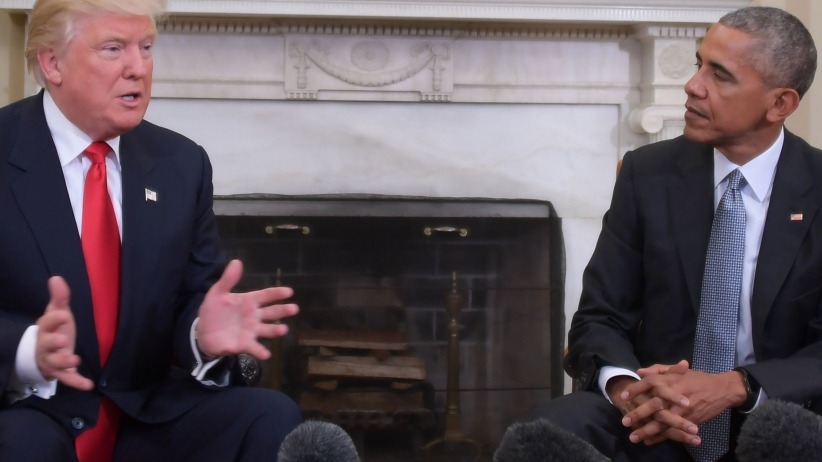
How to fill the bioethics void in Trump’s presidency
What we need is a populist bioethics commission, says Wesley Smith

This time back in 2008, the transition team of Barack Obama was running a smooth, well-oiled machine. In 2016, the transition is noisy and controversial.
Almost none of the main figures have advanced degrees of any kind, as a columnist for the New York Daily News has lamented. Even more scandalously, no cabinet picks are Harvard alumni. True, Steve Bannon, who is to be Trump’s chief strategist, did go to Harvard Business School, but he also founded Breitbart News, thoroughly negating the Ivy League influence.
Bioethics was an integral part of Obama’s transition agenda, with Jonathan Moreno and R. Alta Charo, two well-known bioethicists, creating a successor to the Bush Administration’s Council on Bioethics. But the word bioethics is MIA in press releases from Trump’s transition team. Ben Carson was a member of Bush’s Council on Bioethics, but he has been appointed Secretary of Housing.
Bioethics columnist Wesley J. Smith writes in the Weekly Standard that Trump’s views in this area are unknown:
What does our new president think about these and other such morally portentous matters? Your guess is as good as mine. Based on Trump’s public pronouncements—of which there are none—it would appear that he has given little thought to bioethical matters, much less pondered the ethical principles that would illuminate administration policy-making surrounding them. That’s politically dangerous. Bioethics issues have the potential to explode suddenly into the public consciousness and grab an administration by the throat.
Smith argues that the new President should appoint a “populist” bioethics commission to advise him on the difficult decisions:
A populist bioethics commission would be as messy as democracy, its ideologically diverse members disagreeing with each other and sometimes the administration itself. Everyone loves a good fight. A commission consisting of social conservatives and liberals, moderates and libertarians, liberal academics and conservative think tank members would both generate media interest and offer the public and government a full range of opinions, helping, through sometimes heated discourse, find areas of common ground.
… It should also sponsor public presentations and debates, have members appear on radio and television, and make extensive use of social media to engage the public in bioethical controversies and principles. If the people are paying greater attention to the potentially culture-changing issues within the commission’s purview, politicians would have little choice but to follow.
Such a commission could present political risks to the administration, to be sure. But President Trump is, if anything, a risk taker. And he was elected, at least in part, as a way of rejecting technocracy and unaccountable rule by experts. Enabling a populist bioethics commission to act independently of administration policy planning—and, well, rabble rouse—would be unconventional. But it would be fully in keeping with the new era of politics that has been birthed by the next president of the United States.
https://www.bioedge.org/images/2008images/TH_trump_bioethics.jpg
Creative commons
https://www.bioedge.org/images/2008images/20161111205111-GettyImages-622154520.jpeg
bioethics commissions
donald trump
- How long can you put off seeing the doctor because of lockdowns? - December 3, 2021
- House of Lords debates assisted suicide—again - October 28, 2021
- Spanish government tries to restrict conscientious objection - October 28, 2021
